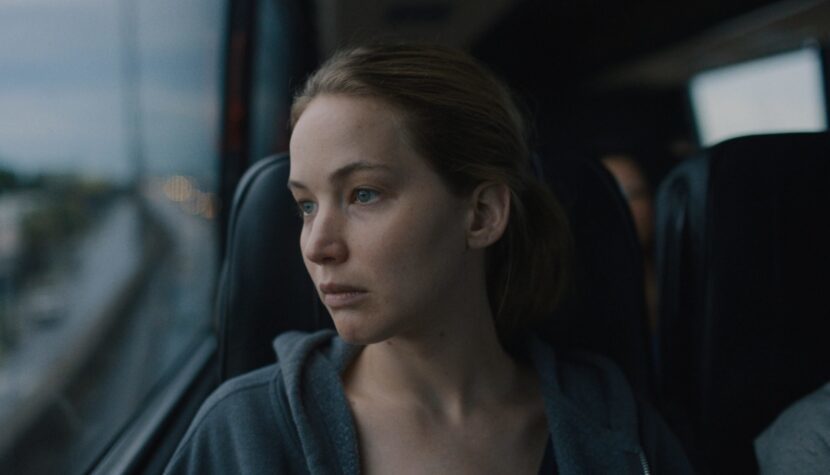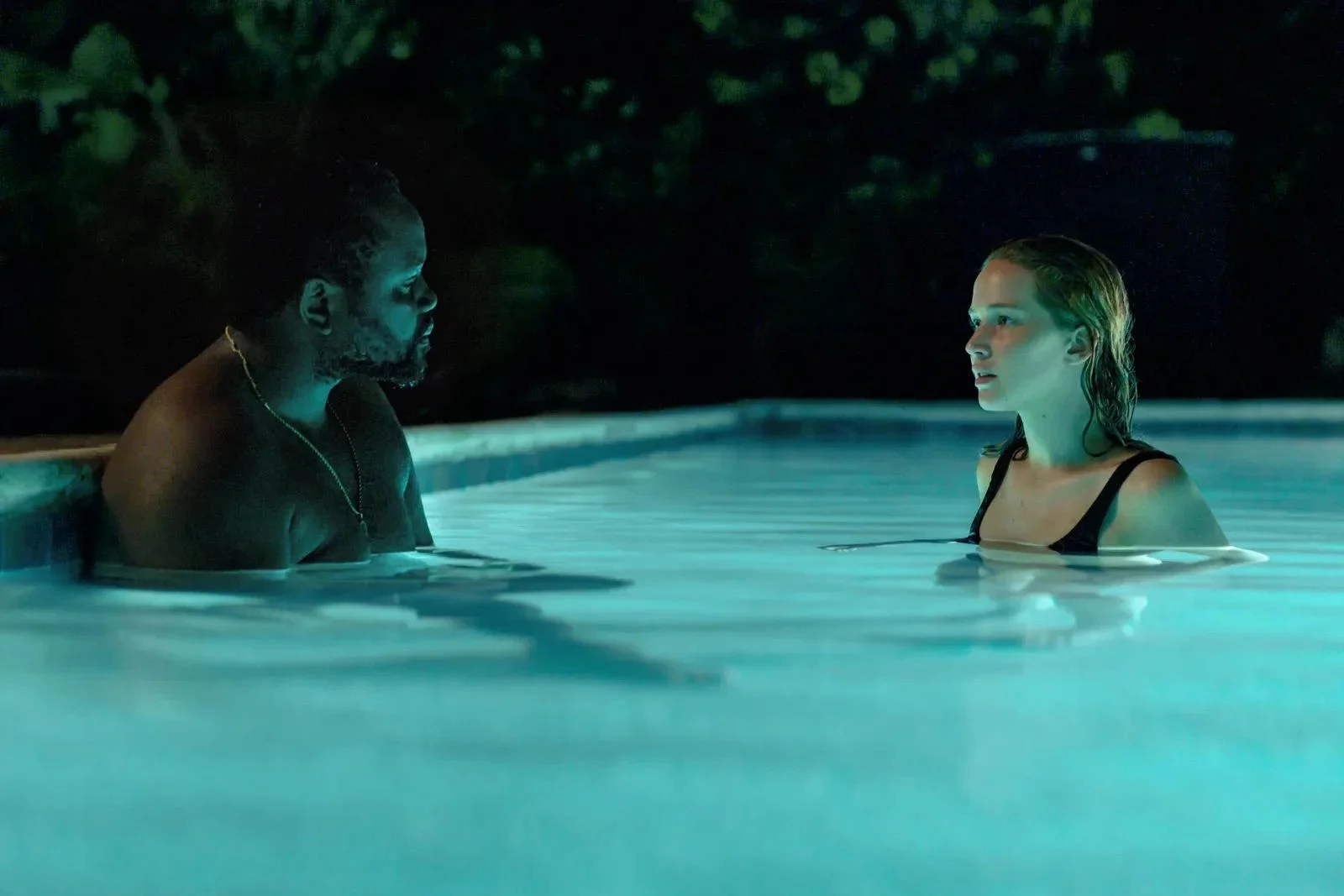CAUSEWAY. Jennifer Lawrence at her best

It wasn’t until watching Causeway that I realized how rarely in the past few years we’ve had the chance to see Jennifer Lawrence in new projects. Since 2019, when she starred in the wildly unsuccessful X-Men: Dark Phoenix, the erstwhile star of The Hunger Games series has added just three entries to her acting credits. Causeway, the film debut of Lili Neugebauer, proves, however, that despite few professional challenges in recent times, Lawrence is still perfectly capable of playing emotions, including the most difficult ones.

In this intimate and no that long (92 minutes) debut made for Apple, Jennifer Lawrence plays soldier Lynsey, who is trying to recover from a serious brain injury she suffered during a mission in Afghanistan. When we meet the protagonist of Causeway, she is unable to function on her own – after leaving the military hospital, she comes under the care of a kind-hearted nurse Sharon (Jayne Houdyshell), who is a kind of guide for Lynsey in the world, which the protagonist has to learn anew. This part of the film, devoted to her return to physical fitness, is not the essential part – what follows is much more significant in Causeway. For when Lynsey gathers her wits enough to go to the family home, only then does she begin the struggle to return to mental balance.
Causeway is a drama of manners, in which an unhurried narrative is most important – although the film’s runtime is short, Lila Neugebauer does not unnecessarily speed up the successive stages of Lynsey’s inner “sorting out”. From the beginning it is evident that the return to her hometown is not a dream come true for the heroine. A cold relationship with her mother, not the best memories of her absent brother, lack of friends – all this makes the forced temporary move to New Orleans hardly a circumstance conducive to Lynsey’s recovery. However, when on the very first day the girl meets James (Brian Tyree Henry), the owner of the garage where her pick-up truck goes, it quickly becomes clear that the friendly soul can bring a lot of good to her recovery efforts.

Jennifer Lawrence in the role of Lynsey is superb – it’s one of those raw, naturalistic performances that usually draws the attention of the juries that award major prizes. But that’s not the only thing at stake here – in Causeway, Lawrence achieves an acting maturity that many of her opponents probably wouldn’t suspect her of. In the past, even those dramatic roles in her oeuvre – such as Susanne Bier’s Serena (2014), David O. Russell’s Joy (2015) and Silver Linings Playboook (2012), which won her an Oscar – were much more flamboyant, imposing on the viewer. In Causeway it’s different – the rawness of Lynsey’s role reminds me somewhat of the one created by Jennifer Aniston in Daniel Barnz’s intimate Cake (2014). But Lawrence’s performance wouldn’t be complete if it wasn’t so brilliantly complemented by that of Brian Tyree Henry, who here plays a kind of “tender bear” — the powerful man’s stature is characterized by great sensitivity and good-naturedness, but the main element that brings the two together turns out to be the trauma they’ve experienced. In both cases different, but equally strong.
Causeway will not surprise you with its innovative approach to telling the story of working through trauma, perhaps even none of the scenes will be etched in your memory forever. But Lila Neugebauer’s debut is a subtle and wise film, asking questions about the role of family and local community in shaping our life choices, and addressing the universal question of the moral dilemma between a sense of duty and one’s own well-being. Seemingly a cliché, but still powerfully relevant, which is why films like Causeway are still much needed by all of us.

